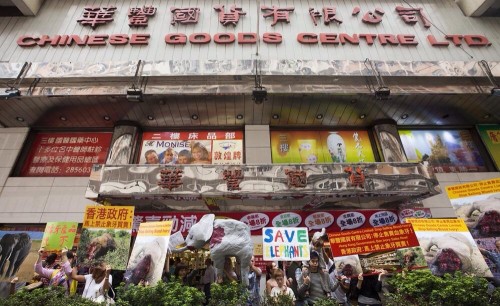
Last Saturday, a group of about 30 activists demonstrated outside Chinese Goods Centre Ltd store in Hong Kong.
The shop is one of 447 licensed ivory retailers in the city, and previously featured an elaborate display of both mammoth and elephant ivory in the shop window. The elephant ivory had – suspiciously enough – been removed throughout the shop on the day of the protest.
The activists carried placards featuring slaughtered elephants and a handmade model of an elephant carcass, as well as banners calling for an end to the ivory trade in both traditional and simplified Chinese. The group was also accompanied by African drummers and a child wearing an elephant costume. A representative from the NGO Annamiticus was present at the protest.
The three-hour demonstration attracted a huge amount of attention – passersby stopped and took photos, parents explained to their children the message that was being sent, and others gave the thumbs up and applauded the action.
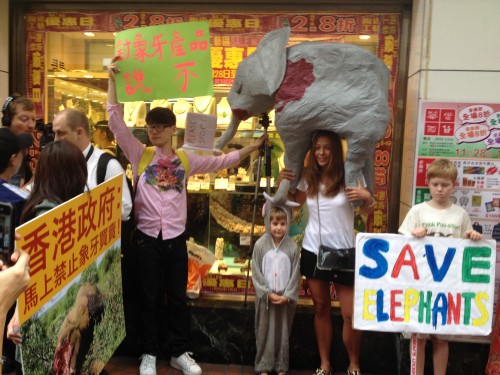
Inside the store, meanwhile, protesters were taking photos of the ivory on display, and Hong Kong for Elephants representative Sharon Kwok gave a passionate speech to shopkeepers about the importance of conserving elephants.
One reporter obviously struck a nerve by photographing the ivory license – which must be produced upon request according to law – as the shop’s ivory trader physically assaulted him, pushing him up against the glass display. The reporter called the police who arrived at the scene. He is pressing charges against the ivory trader for assault.
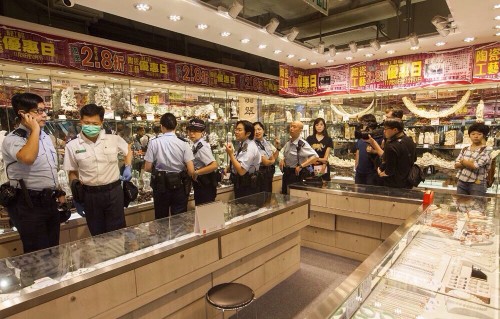
As mentioned, there are a total of 447 ivory license holders in Hong Kong. The retailers are only permitted to trade ivory obtained before 1989, as stipulated by the Convention on International Trade in Endangered Species (CITES). But many believe this to have created a loophole through which ivory traders launder freshly poached ivory into a quasi-legal market in Hong Kong, which provides access to Chinese tourists and mainland China – where the largest demand for these products exists.
“Hong Kong’s ivory traders have had more than 25 years to clear out their pre-1989 ban ivory stocks, but are still holding onto them so that they can provide a cover for new ivory to be sold,” says Alex Hofford, Hong Kong for Elephants representative.
“With the high demand from the surging numbers of mainland Chinese tourists coming to our city – many of whom have low awareness about the poaching crisis in Africa – we demand to know why the total amount of ‘legal’ ivory in the hands of the trade has barely moved more than just a few kilos in the past three years. According to Hong Kong government statistics, there was 116.5 tonnes in 2011, 118.7 tonnes in 2012, and 117.1 tonnes in 2013. Our groups are simply asking, ‘why isn’t this stockpile going down?’,” he adds.
Africa lost 100,000 elephants in just three years from 2010 through to 2012, according to a study published in the Proceedings of the National Academy of Sciences. In central Africa, the worst-hit part of the continent, the regional elephant population has declined by 64% in a decade, the study reveals.
If you want to express your disagreement with the continued sale of ivory to the shop directly, email cgclhk@gmail.com
You can also sign the petition requesting that the Hong Kong government bans the legal sale of ivory.

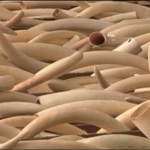
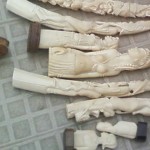
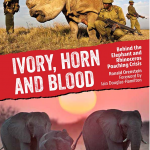
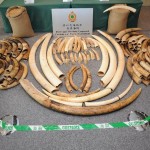
1 thought on “Activists Call for End of Legal Ivory Sales in Hong Kong”
Comments are closed.